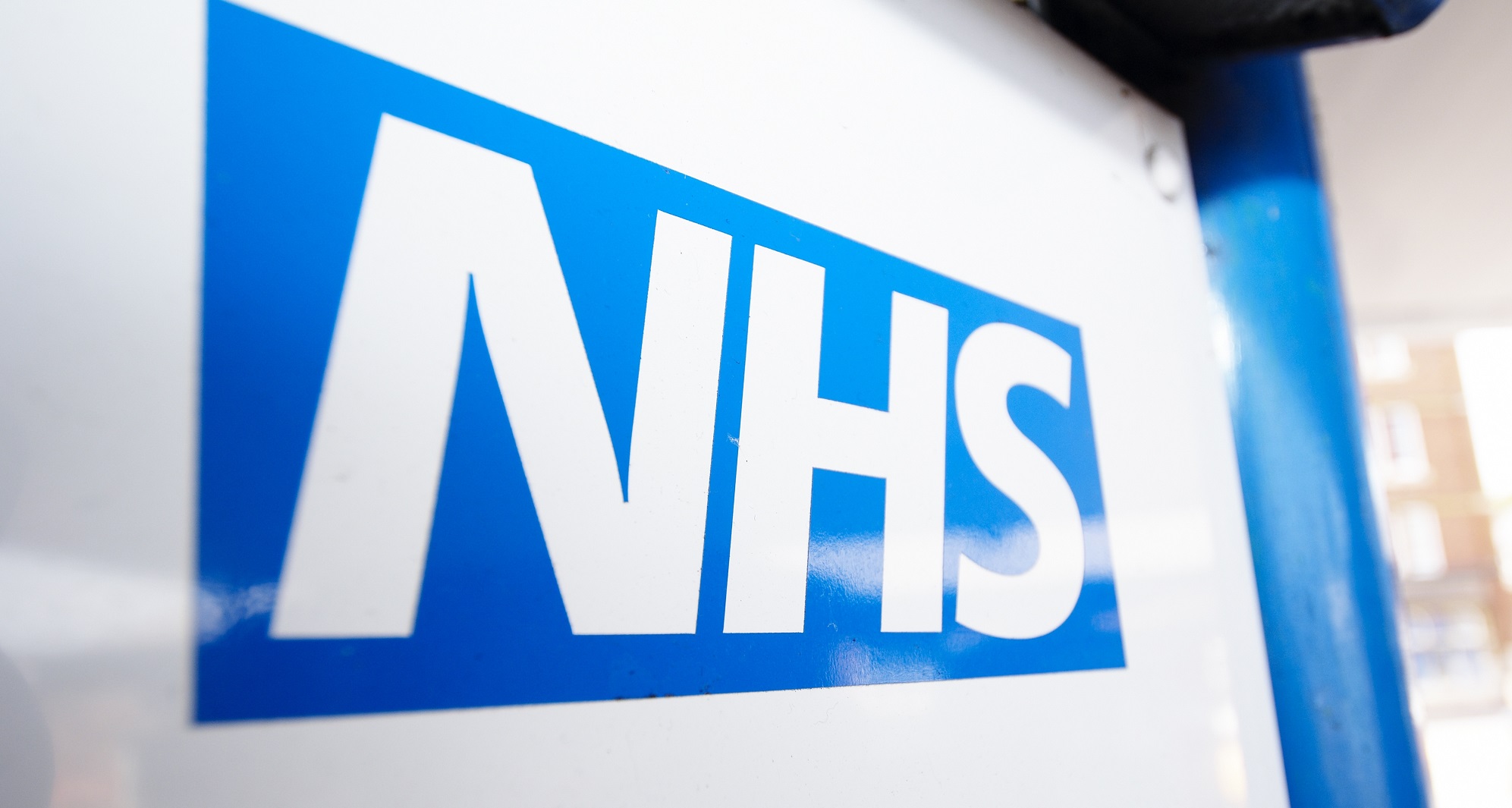NHS under scrutiny amid worst-ever performance in cancer and A&E

The performance of the NHS has come under the spotlight once again, following figures showing worst-ever performances against waiting times targets for cancer treatment and in A&E.
Data published by NHS England show that the NHS missed its 62-day cancer treatment waiting time target for January – with the proportion of people treated within 62 days falling below 80% for the first time since the target was introduced.
The figures showed that almost 2,500 people had to wait more than two months for their treatment to start, with almost 1,000 people waiting more than three months.
Performance is below 70% for both lung and lower gastrointestinal cancer, according to the figures.
Fran Woodard, executive director of policy at Macmillan Cancer Support, said: “The last thing someone needs when they’re reeling from the shock of a cancer diagnosis is to have to wait months to start treatment – so it is very dispiriting to see cancer waiting times in January 2017 were the worst on record. The fact that almost 1,000 people in January had waited over three months is incredibly worrying.
“Delays to cancer treatment are a sign of the huge pressure on the NHS and its workforce. The government has committed to improving cancer services, but clearly urgent action is required to make sure people don’t face unacceptable delays.”
The figures also confirmed that January had also been the worst month on record for A&E waiting times.
The BBC had already published unconfirmed figures indicating that the NHS had missed its target of 95% of patients admitted, transferred or discharged within four hours of arrival, with a worst-ever performance against the target.
At the time the Department of Health said it did not recognise the figures – but the NHS England figures showed 85.1% of patients were dealt with within the four-hour time frame, the worst performance since monthly reporting began in 2010.
Last week, the British Medical Association called for an extra £10 billion-a-year funding for the NHS to bring it in line with other European countries.
The funding did not materialise in the budget as the chancellor Phillip Hammond pledged to keep control of spending because of concerns over the cost of Brexit.
A&E waits have also been caused by the knock-on effect of poor capacity in adult social care, according to experts, where patients get stuck in hospital because suitable care arrangements cannot be found in the community.
The King’s Fund health think tank said that an extra £2 billion a year is needed to plug the funding gap – and, although Hammond did pledge another £2 billion spending on social care over the next three years, the think tank said this fell short of what is needed to end the social care 'emergency'.












